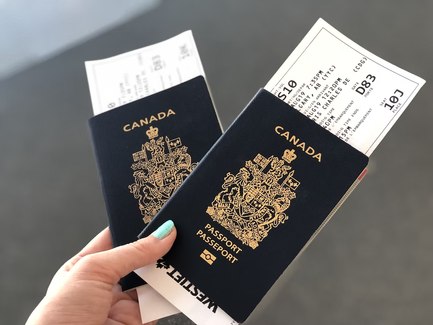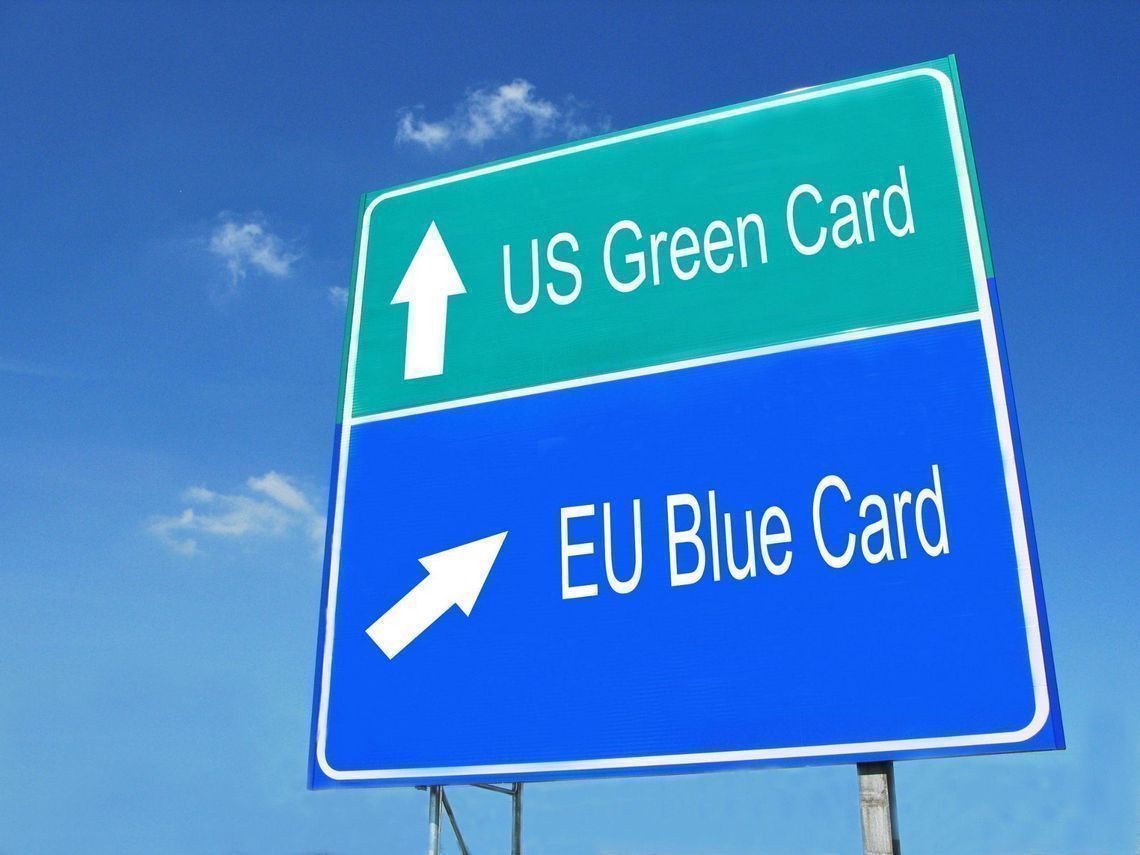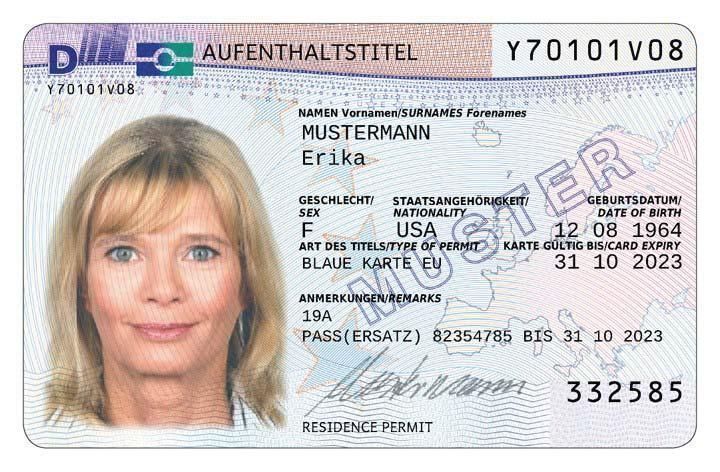
Apply to a foreign university with confidence
- Properly fulfilled documents
- Perfect motivation letter
- Support from a personal mentor
- Offers from several universities
Article score: 4.33 out of 5 (3 reviews)
The Blue Card is another way to make you feel welcome in the EU. Read about benefits, required documents, application process and latest changes.
Free consultation
The Blue Card is another way to make you feel welcome in the EU. If you work in a sought-after profession and have a high level of qualification, then the blue card will give you the opportunity to live, work, and later move to the European Union.
The EU Blue Card is a residence permit for the purpose of working in Europe. It can only be obtained by specialists with a demanded profession and high qualifications. A residence permit is issued for the duration of an employment contract from 1 to 4 years with the possibility of extension.
The Blue Card was invented to fill the shortage of personnel and make Europe more attractive to highly qualified specialists who previously preferred to immigrate to America, Canada, or Australia. In simpler terms, it is analogous to the American Green Card.
It is possible to obtain a Blue Card in all EU countries except Ireland and Denmark. The option is no longer available in the UK, given that the country has left the EU.
European companies have a very positive attitude towards foreign specialists — in 2020, a total of about 12 thousand blue cards were issued[1]. This is a great opportunity to build a successful career and move to the EU.


A Blue Card has several significant advantages over a work visa:
Obtaining a Blue Card is not as difficult as it might seem. You must meet four requirements:

An important point — you must find and get a job with a salary that is 1.5-1.2 times higher than the country’s market value.
You can do this at the consulate of the chosen country or on the EU Blue Card Network. The decision process takes up to 90 days.
To do this, you need to apply for a national single entry visa, which completes the procedure for obtaining a Blue Card.
Move to the designated country and receive the card
Within three days of your arrival, you must contact your local immigration office and accept your Blue Card.
Next, we will describe each stage in detail.
You do not have to travel to the EU in order to do this. There are three options for finding a job:
The EU Blue Card Network is a platform where European employers look for non-EU professionals. You create a profile, add information about your education and work experience, and wait for an invitation — interviews are conducted online. You may wait a long time for an answer — employers are obliged to search for a EU citizen. If unsuccessful, only then are they allowed to search for non-EU workers. Many companies set a trial period during which they pay a lower salary. In this case, you will first have to find a job on a work visa, find a better paying position, and only then apply for a Blue Card.
Documents must be submitted on the EU Blue Card Network. You will need:
Additional documents that may be required (depending on the country):
It takes up to 3 months to obtain a permit. If you have not received a response after this time, feel free to contact the consulate of the country. They should provide an explanation for the reason behind the delay. Also, ask your employer to contact the relevant authority in their country.
Once you have been approved for a Blue Card, you must receive your national single entry visa at the consulate. Here, you no longer have to wait — all you have to do is arrive, show your documents, and receive your passport with all of the necessary stamps.
Documents for a visa:
You will pick up the Blue Card itself in the designated country. Within three days after arrival, you must go to the local immigration office and receive the long-awaited card. Now, you can not only work, but also enjoy all of the benefits offered by the country!
Despite all of the events in the world, the Blue Card is available to citizens of all non-EU countries. Moreover, Europe makes it more and more profitable for both the employee and employer, which speaks of an increase in interest in foreign employees.
At the end of 2021, the Council of the European Union published a document with changes to the Blue Card, which significantly simplified the acquisition process[2]:
All countries issuing Blue Cards must make and implement these changes by November 2023.

To understand exactly which countries are open to residence applications, look at the statistics on Blue Card issuance and wage requirements.
Countries that issued the most Blue Cards in 2018-2020[1]:
Countries that issued the fewest Blue Cards in 2018-2020[3]:
The highest salary requirements are in Austria, Germany, Finland, Sweden, and Belgium. The lowest requirements are in Romania, the Netherlands, the Czech Republic, Bulgaria, and Latvia[4].
Demand is individually formed by the government of each country. However, there are several professions that are demanded everywhere.
| Field | Professions |
|---|---|
| Medicine | Narrow specializations: anesthetists, representatives of high-tech medical areas (maxillofacial surgeons, other cardiologists), pharmacists, medical technicians, veterinarians |
| Law | Notaries, automotive cases attorneys, specialists in family matters |
| Education | Teachers of exact sciences at schools and universities |
| Trade | Sales managers |
| Psychology | Psychotherapists, psychologists, psychoanalysts |
| Technics | Engineers, IT-specialists, specialists in the financial sector |
| Finance | Financial analysts, insurance managers |
| Marketing | Digital marketing specialists |

60+ countries
we work with
$1,000,000 saved
by students through scholarships
6,400 offers
our students got